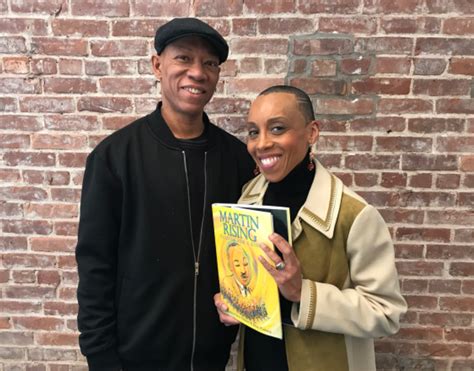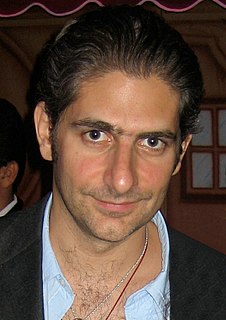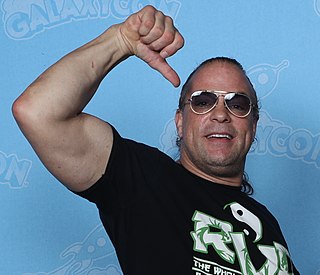A Quote by Catherynne M. Valente
It seems like every few years a big name author will holler something about how evil, heinous, and morally wrong fan fiction and fan fiction writers are, and then the Internet gets all upset and shocked, and then the author is shocked that people could get so upset.
Related Quotes
What writers of fantasy, science fiction, and much historical fiction do for a living is different from what writers of so-called literary or other kinds of fiction do. The name of the game in F/SF/HF is creating fictional worlds and then telling particular stories set in those worlds. If you're doing it right, then the reader, coming to the end of the story, will say, "Hey, wait a minute, there are so many other stories that could be told in this universe!" And that's how we get the sprawling, coherent fictional universes that fandom is all about.
I think there's over-telling sometimes, in fiction. For instance, I'm a big fan of horror movies, but I could always lose the last third of them. There's the brilliant exciting scary thing that's going on, and then they have to show you the monster, and the monster turns out to be a giant spider from space and then you push it over and it's dead. It becomes mortal and it has human needs and it always sort of feels like a shame. Maybe because of all the cop shows and such, we're a generation that needs to have problems solved for us in fiction.
I am a big fan of the electronic book. I hate to see the old bookstores close, but they have to reinvent themselves. I believe the First Edition bookstore will be the next thing. People will read electronically, then decide they want to own that book. The author will then be invited to the old bookstores to sign. I think books will always be with us, but they will fill a different need.
As a journalist, I would talk to writers, directors, creative people, and discover that for an awful lot of them, the moment they became successful, that was all they were allowed to do. So you end up talking to the bestselling science-fiction author who wrote a historical-fiction novel that everybody loved, but no one would publish.
Science fiction, as I mentioned before, writes about what is neither impossible nor possible; the fact is that, when the question of possibility comes up in science fiction, the author can only reply that nobody knows. We haven't been there yet. We haven't discovered that yet. Science fiction hasn't happened.
I definitely have plans to do more collaboration albums in the future. I'm a big fan of Common. I'm a big fan of Scarface; I'm a big fan of so many people, from Jeezy to... well, there are a lot of people's music that I respect. I don't know who I will collaborate with, but there's a great chance of something happening.






































